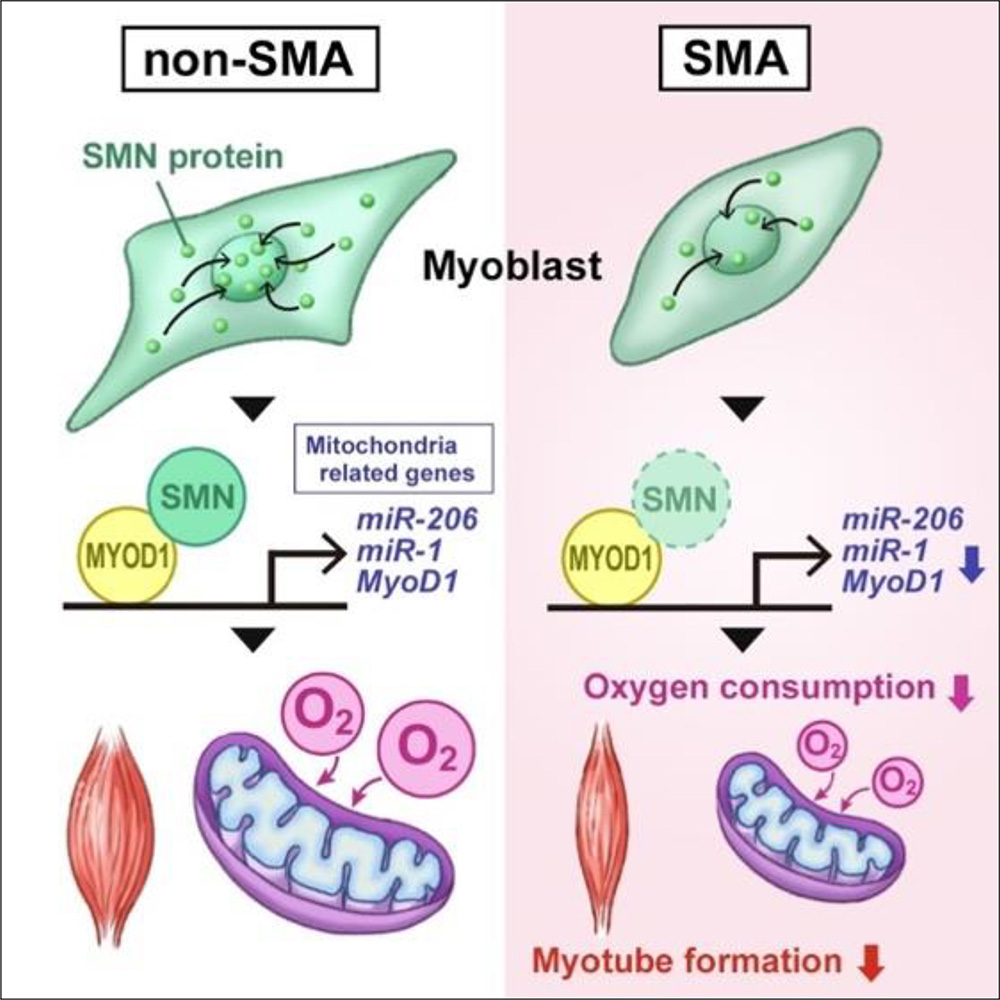微生物によるCO2放出を促進する最も重要な要因は、温度ではなく餌であるという意外な結果が得られた In a surprising twist, food, not temperature, is the most important factor driving microbial release of CO2
2023-01-17 マサチューセッツ大学アマースト校
気温の上昇は、土壌微生物がCO2を呼吸する速度を低下させるが、それは夏場だけである。それ以外の季節は、微生物の活動は歴史的にほぼ一定である。土壌微生物が夏場に二酸化炭素の排出量を減らしているのは、彼らが飢えているからだ。そして、長期的な温暖化によって、微生物が枯葉に依存している落葉樹の生存能力が脅かされているために、飢餓状態になっているのである。
「マサチューセッツ大学アマースト校の微生物学教授で、最近Global Change Biology誌に発表されたこの研究の筆頭著者であるクリステン・デアンジェリスは、「我々の研究の大きな成果の一つは、すべての紅葉が地球温暖化による土壌微生物への悪影響を軽減することです」と言う。今のところはね。しかし、枯葉が少ないということは、微生物にとっての餌が少ないということであり、夏の間、微生物のバイオマスの減少につながっているようである。
<関連情報>
- https://www.umass.edu/news/article/our-future-climate-depends-partly-soil-microbes-how-are-they-affected-climate-change
- https://onlinelibrary.wiley.com/doi/full/10.1111/gcb.16544
長期温暖化に対する微生物の温度感受性反応は、熱馴化ではなく基質の利用可能性に支配される Substrate availability and not thermal acclimation controls microbial temperature sensitivity response to long-term warming
Luiz A. Domeignoz-Horta, Grace Pold, Hailey Erb, David Sebag, Eric Verrecchia, Trent Northen, Katherine Louie, Emiley Eloe-Fadrosh, Christa Pennacchio, Melissa A. Knorr, Serita D. Frey, Jerry M. Melillo, Kristen M. DeAngelis Published: 30 November 2022
DOI:https://doi.org/10.1111/gcb.16544

Abstract
Microbes are responsible for cycling carbon (C) through soils, and predicted changes in soil C stocks under climate change are highly sensitive to shifts in the mechanisms assumed to control the microbial physiological response to warming. Two mechanisms have been suggested to explain the long-term warming impact on microbial physiology: microbial thermal acclimation and changes in the quantity and quality of substrates available for microbial metabolism. Yet studies disentangling these two mechanisms are lacking. To resolve the drivers of changes in microbial physiology in response to long-term warming, we sampled soils from 13- and 28-year-old soil warming experiments in different seasons. We performed short-term laboratory incubations across a range of temperatures to measure the relationships between temperature sensitivity of physiology (growth, respiration, carbon use efficiency, and extracellular enzyme activity) and the chemical composition of soil organic matter. We observed apparent thermal acclimation of microbial respiration, but only in summer, when warming had exacerbated the seasonally-induced, already small dissolved organic matter pools. Irrespective of warming, greater quantity and quality of soil carbon increased the extracellular enzymatic pool and its temperature sensitivity. We propose that fresh litter input into the system seasonally cancels apparent thermal acclimation of C-cycling processes to decadal warming. Our findings reveal that long-term warming has indirectly affected microbial physiology via reduced C availability in this system, implying that earth system models including these negative feedbacks may be best suited to describe long-term warming effects on these soils.


